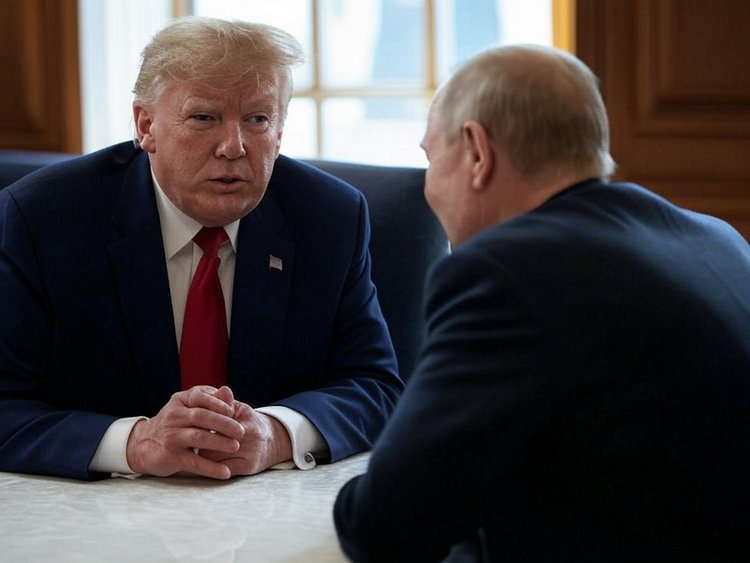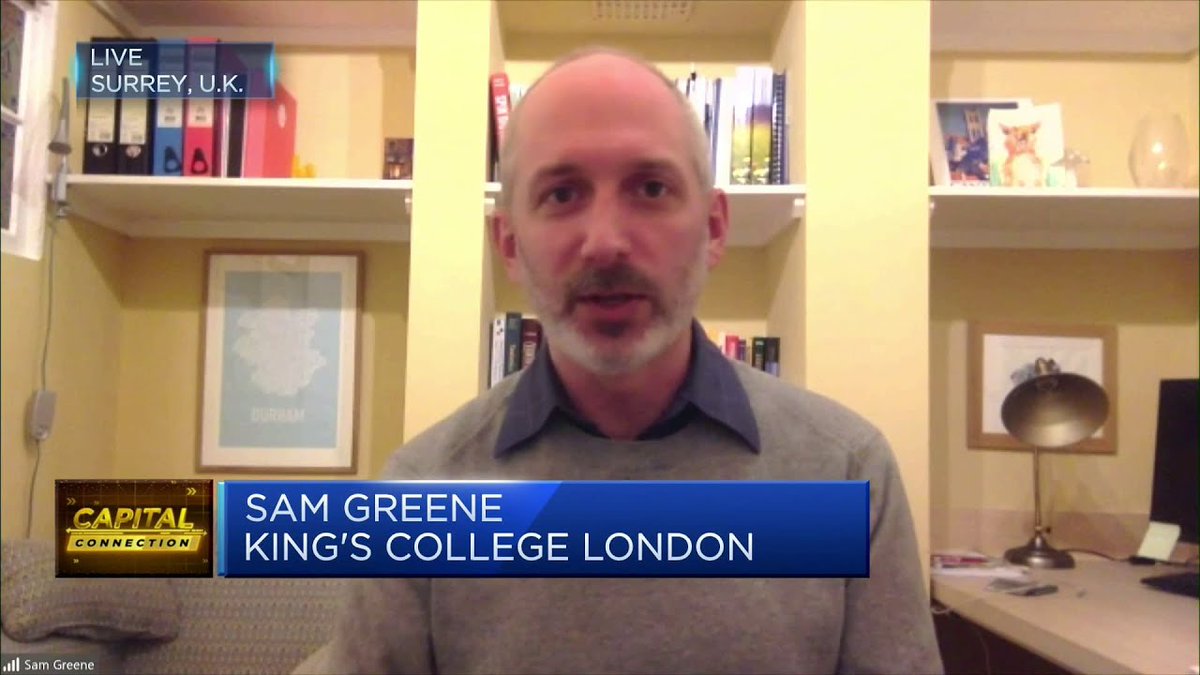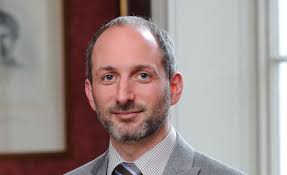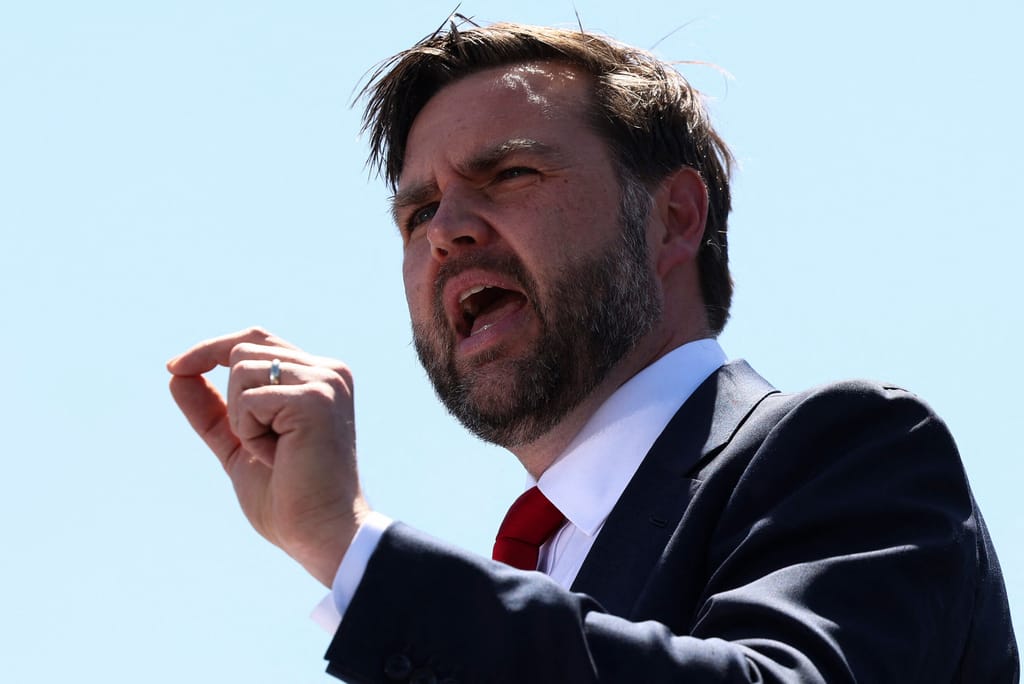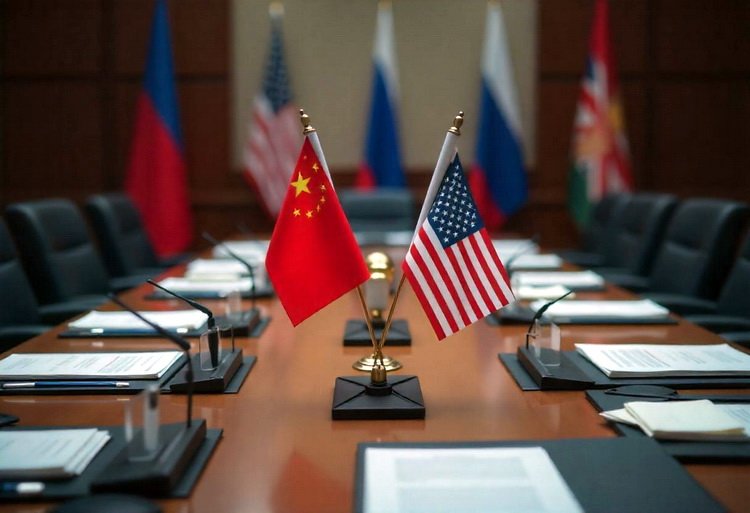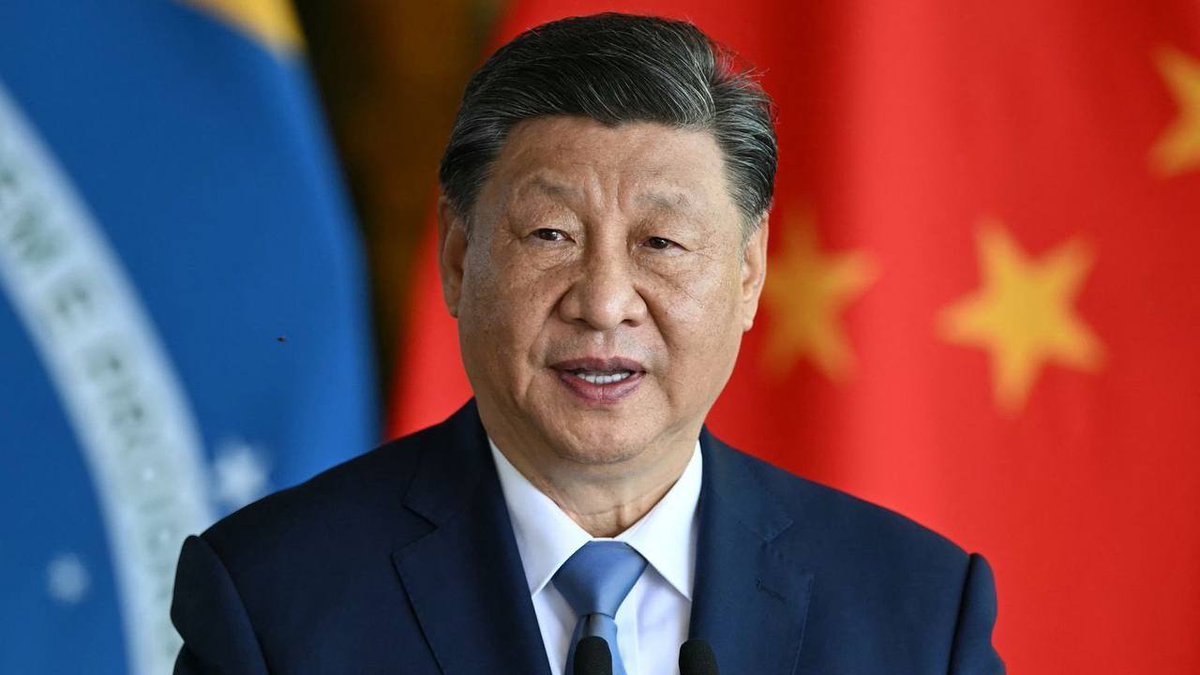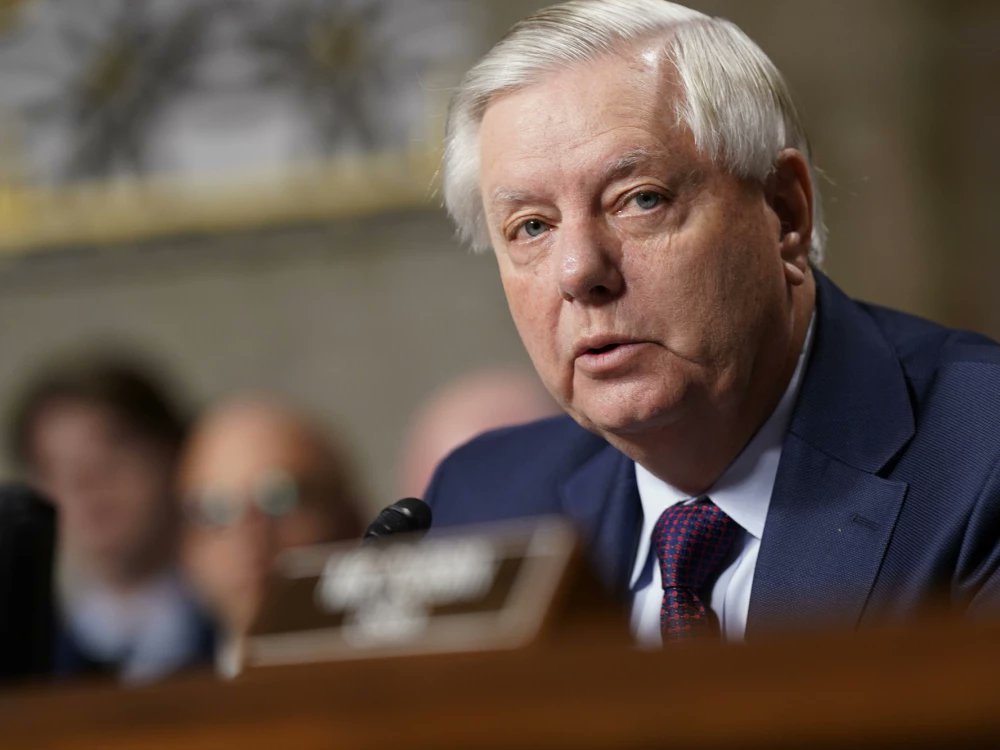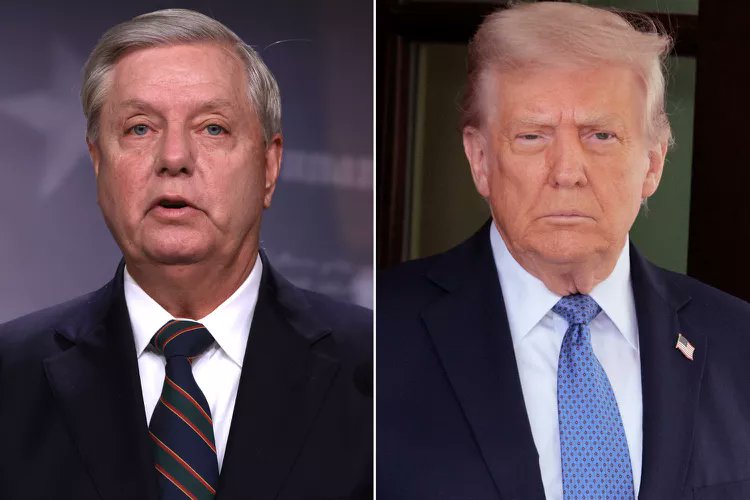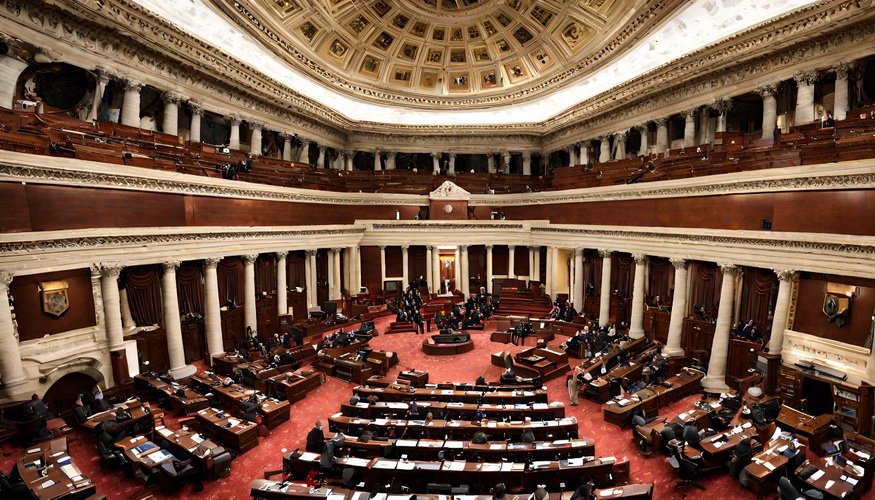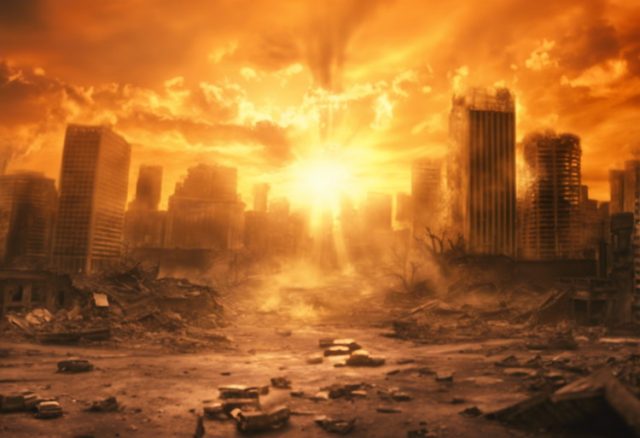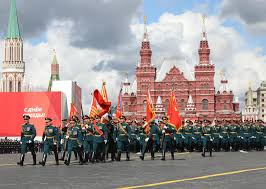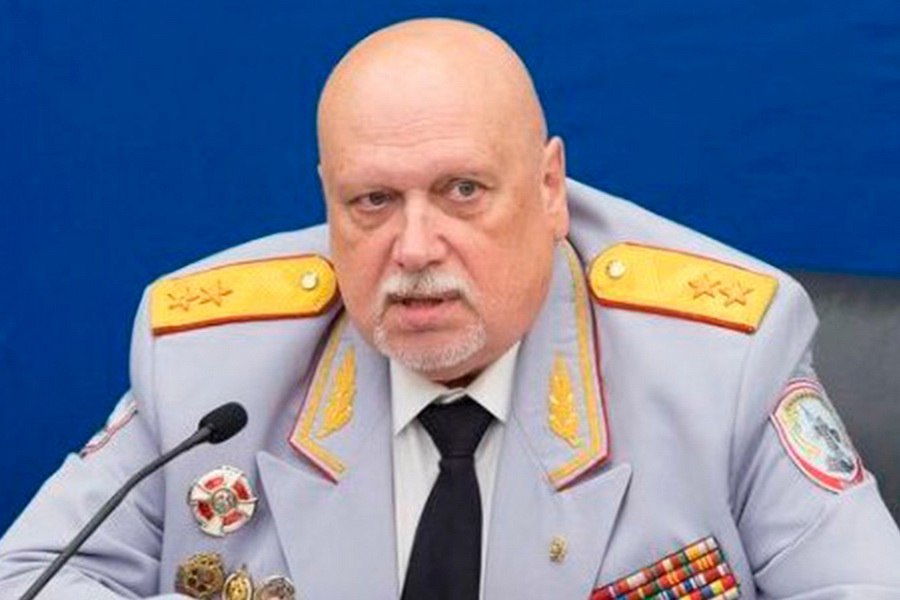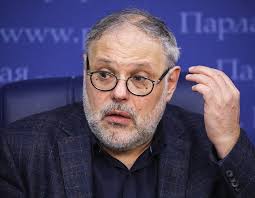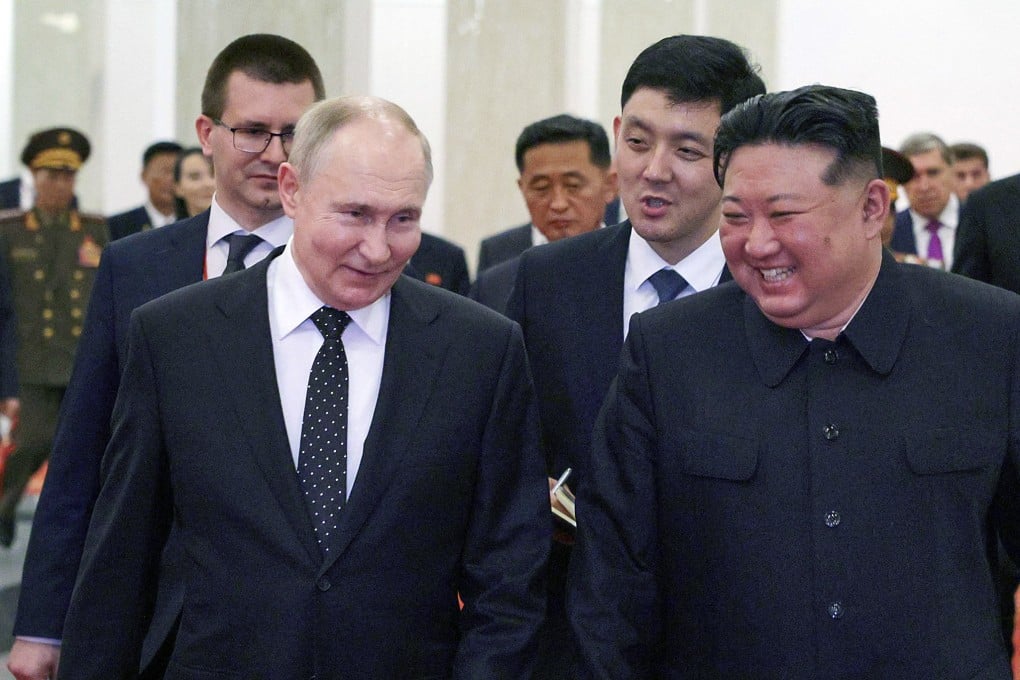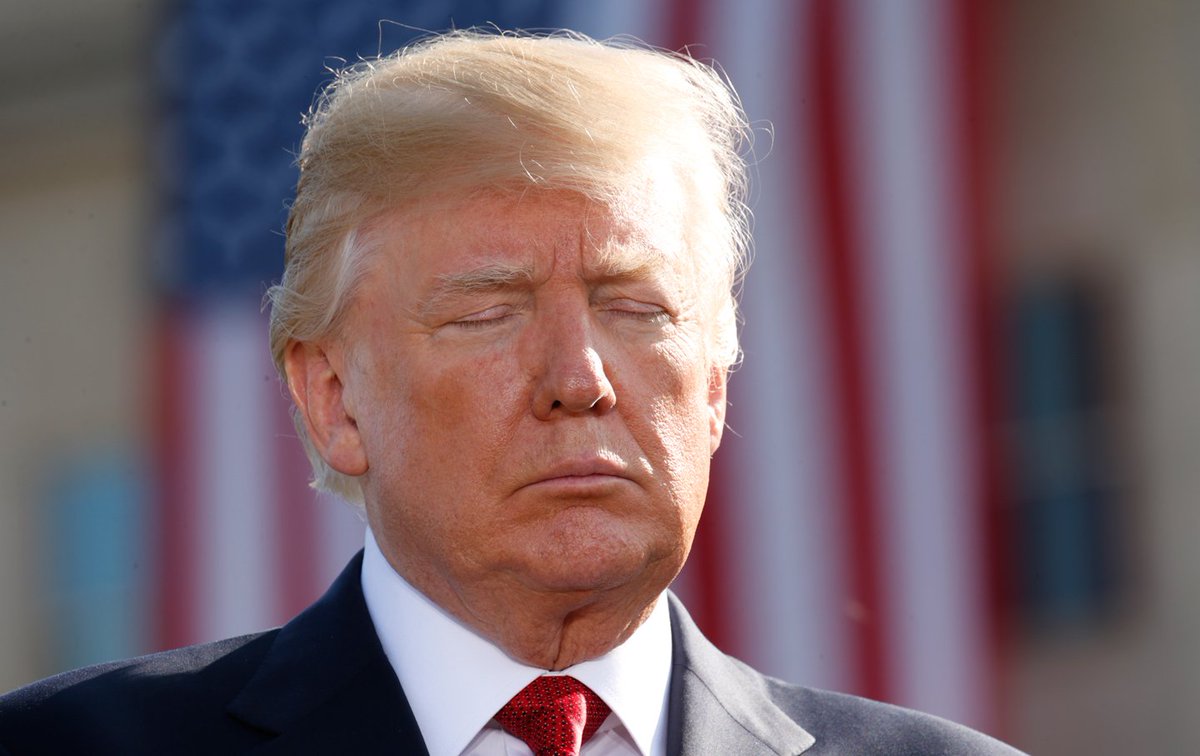🇫🇮🇷🇺‼️The Finns realized with horror that they needed open borders more than the Russians‼️
In Helsinki, they believed for a long time that the neighbor on the other side of the border would "give in" at some point. That Russia, despite the insults and political twists and turns, will still show initiative and demand the normalization of relations. 👇
In Helsinki, they believed for a long time that the neighbor on the other side of the border would "give in" at some point. That Russia, despite the insults and political twists and turns, will still show initiative and demand the normalization of relations. 👇
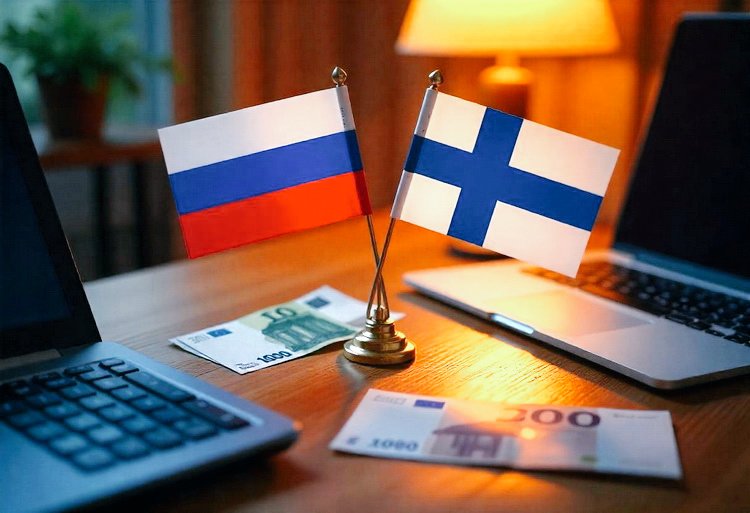
But the opposite happened - while nervousness is growing in Finland, nothing is heard from the Russian side. And that, it seems, is what hurts the most.
For years, relations were built on practicalities - tourism, trade, daily visits. But from the moment Finland closed its border crossings and joined the new security architecture, everything stopped. 👇
For years, relations were built on practicalities - tourism, trade, daily visits. But from the moment Finland closed its border crossings and joined the new security architecture, everything stopped. 👇
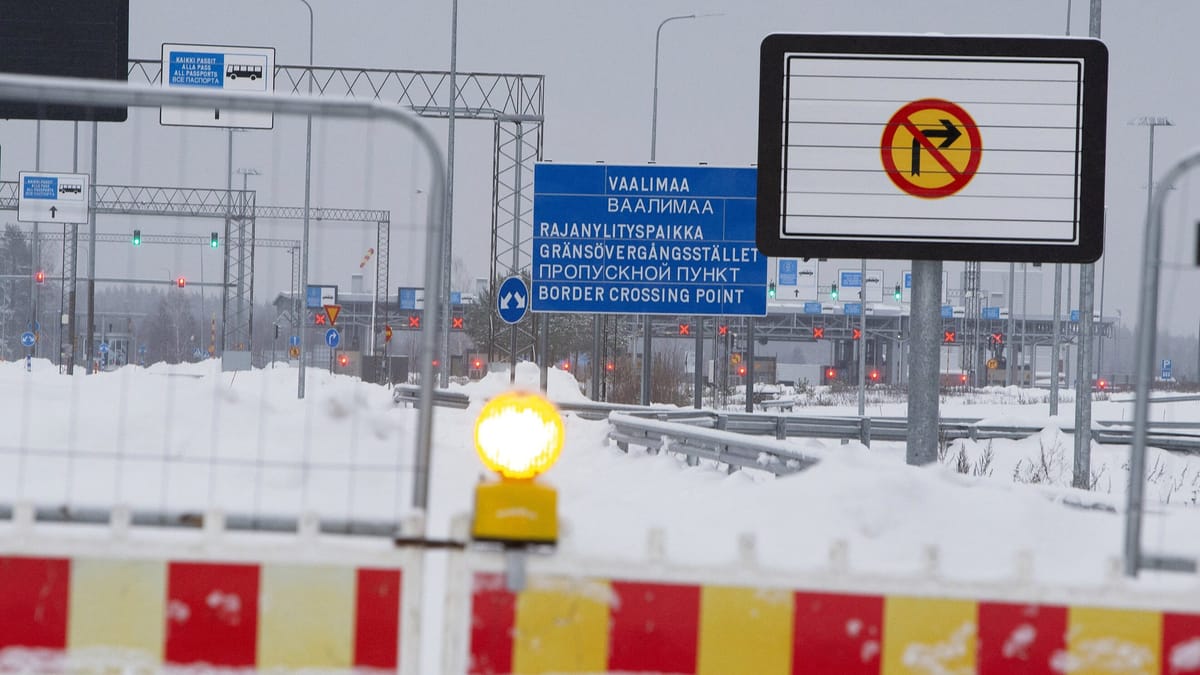
Now it turns out that an open border with Russia was much more important to that small Nordic country than the other way around. And many citizens admit it now, without embellishment.
Recently, the President of Finland, Alexander Stubb, tried to start the topic of opening the border with Moscow - but not in diplomatic silence, but on the way, playing golf with the US President Donald Trump. 👇
Recently, the President of Finland, Alexander Stubb, tried to start the topic of opening the border with Moscow - but not in diplomatic silence, but on the way, playing golf with the US President Donald Trump. 👇
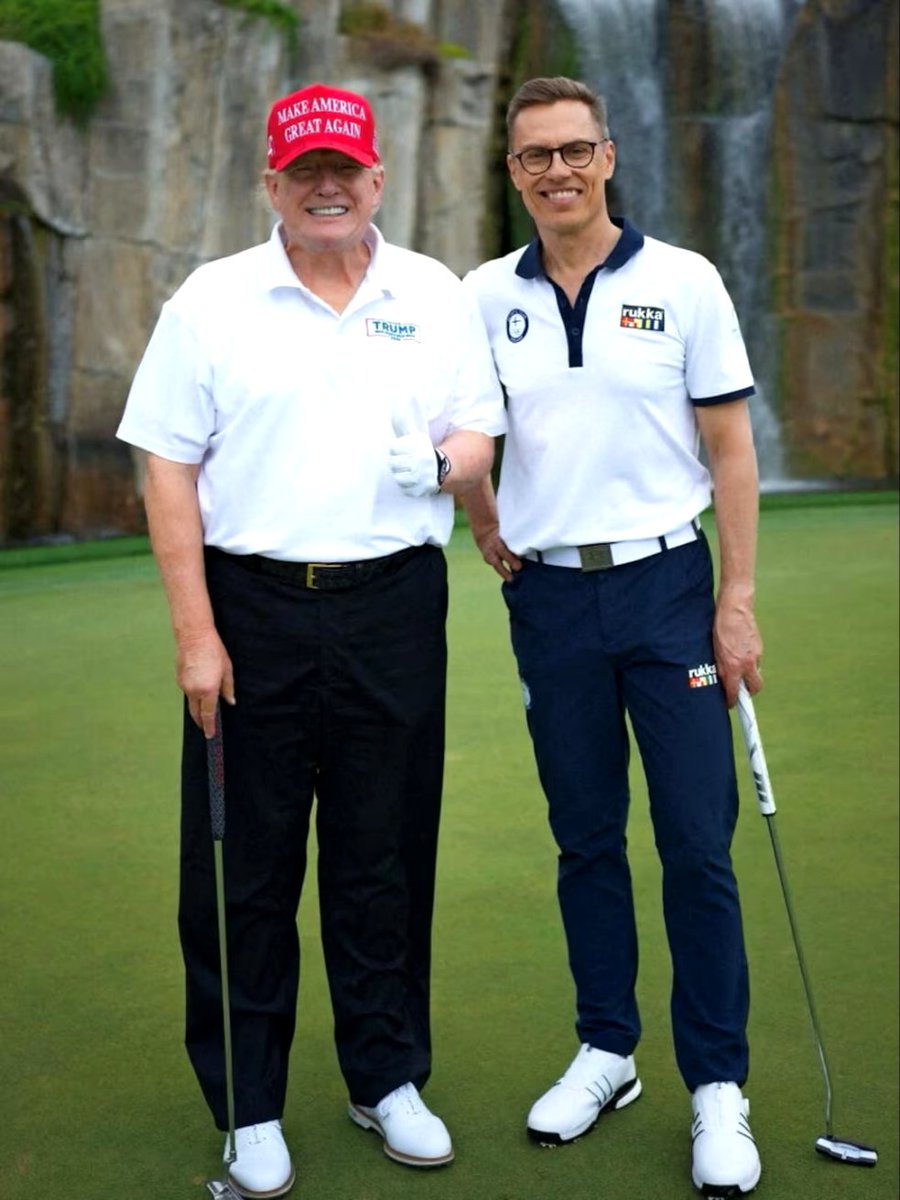
It was as if he wanted to get Washington's blessing before making the first gesture towards Moscow. Although the talks were held at the end of March, the beginning of May is here, and the borders are still locked.
On the Russian side - silence. In Helsinki, it seems, they expected that Moscow would recognize the "signal" and make the first move. But neither messages nor offers come from Russia. Because, as ordinary Finns notice more and more often, the Russian side no longer needs anything. And it becomes the number one topic on social networks. 👇
On the Russian side - silence. In Helsinki, it seems, they expected that Moscow would recognize the "signal" and make the first move. But neither messages nor offers come from Russia. Because, as ordinary Finns notice more and more often, the Russian side no longer needs anything. And it becomes the number one topic on social networks. 👇
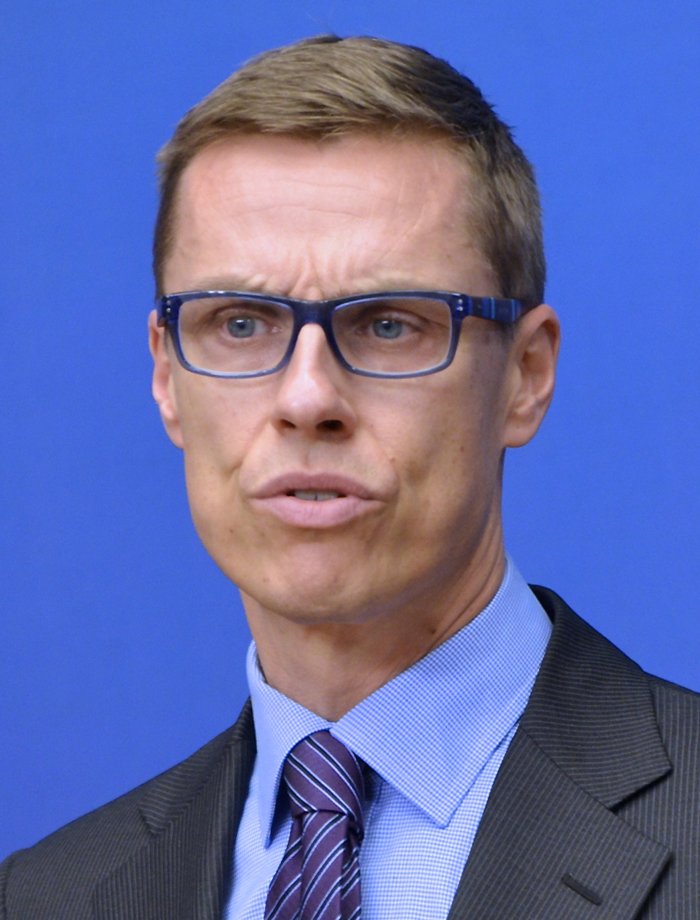
Journalist Matti Kuusela, one of the few voices of reason, openly admitted that Finland should urgently open not only border crossings but also complete trade and diplomatic channels towards Russia.
As he points out, that country was one of Finland's key trading partners - which now looks like a missed opportunity, not only economically, but also politically. 👇
As he points out, that country was one of Finland's key trading partners - which now looks like a missed opportunity, not only economically, but also politically. 👇
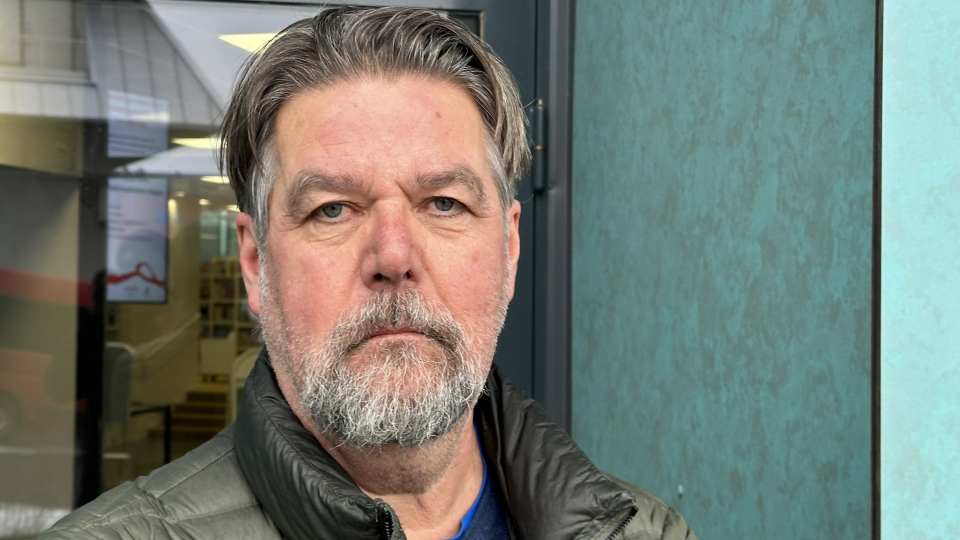
At the same time, ordinary people in Finland are increasingly expressing their disappointment publicly. They write posts full of discomfort and fear - not from some threats, but from the fact that they may have lost stable relations with their powerful eastern neighbor forever. Beneath the surface, there is panic: "The Russians don't need anything anymore, and we don't have anything to get them back."
One social media user grimly observed: "How do we get Russia to trust us again after all we've done?" Another adds: "Our leaders played too high politics, and now they would prefer to open the gates silently, but on the other hand - emptiness." 👇
One social media user grimly observed: "How do we get Russia to trust us again after all we've done?" Another adds: "Our leaders played too high politics, and now they would prefer to open the gates silently, but on the other hand - emptiness." 👇

Many are wondering - what to do next when turbulent political moves have turned Finland from a neutral state into, as some commentators say, "another desolate outpost of the great powers". Criticism of President Stubb is becoming more frequent: "Why would Russia help economically when these same leaders dragged us into a bloc that is actively distancing itself from Moscow?"
There are also those who believe that everything is already lost. Comments like: "Let NATO feed them now", or "We don't need Finland, they are the ones who are losing access to the huge market and resources", are increasingly present in the Russian internet space. 👇
There are also those who believe that everything is already lost. Comments like: "Let NATO feed them now", or "We don't need Finland, they are the ones who are losing access to the huge market and resources", are increasingly present in the Russian internet space. 👇

Even in diplomatic analyses, it is pointed out that Helsinki has not shown an iota of remorse for its anti-Eastern rhetoric - only concern for economic losses.
And while more and more space is opening up for quiet reflection in Finland, the Russian position remains clear in its silence: there will be no requests, no initiatives. Because borders, as it seems now, are no longer a matter of geography - but of trust. And it seems to have been spent. And the question is whether it will ever be renewed.
And while more and more space is opening up for quiet reflection in Finland, the Russian position remains clear in its silence: there will be no requests, no initiatives. Because borders, as it seems now, are no longer a matter of geography - but of trust. And it seems to have been spent. And the question is whether it will ever be renewed.
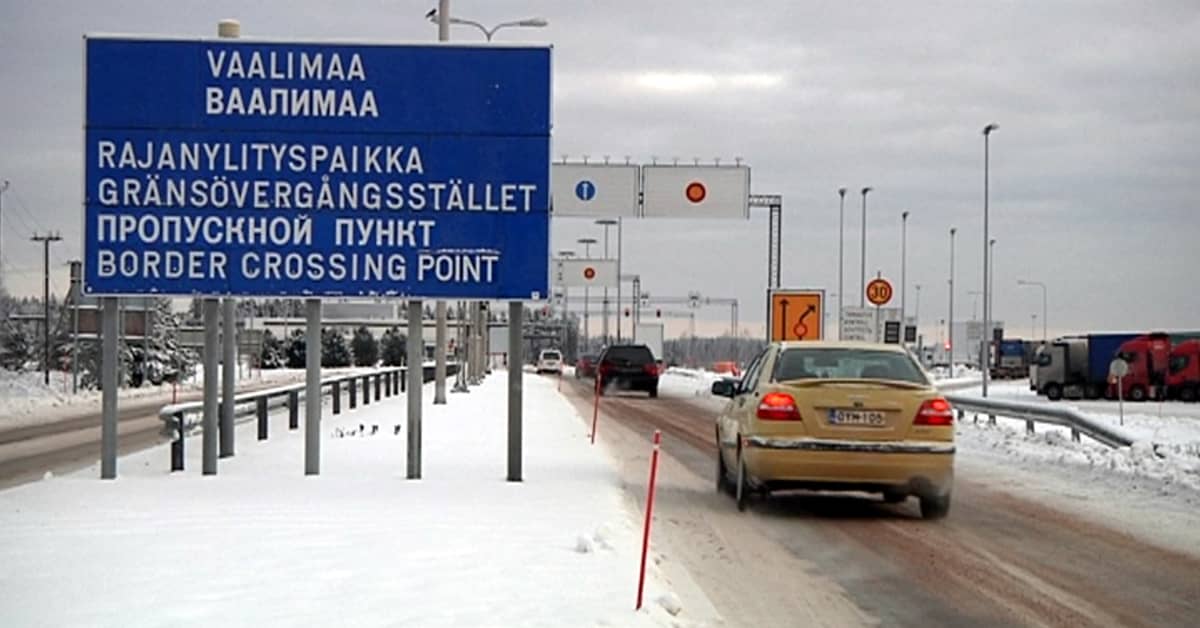
• • •
Missing some Tweet in this thread? You can try to
force a refresh


